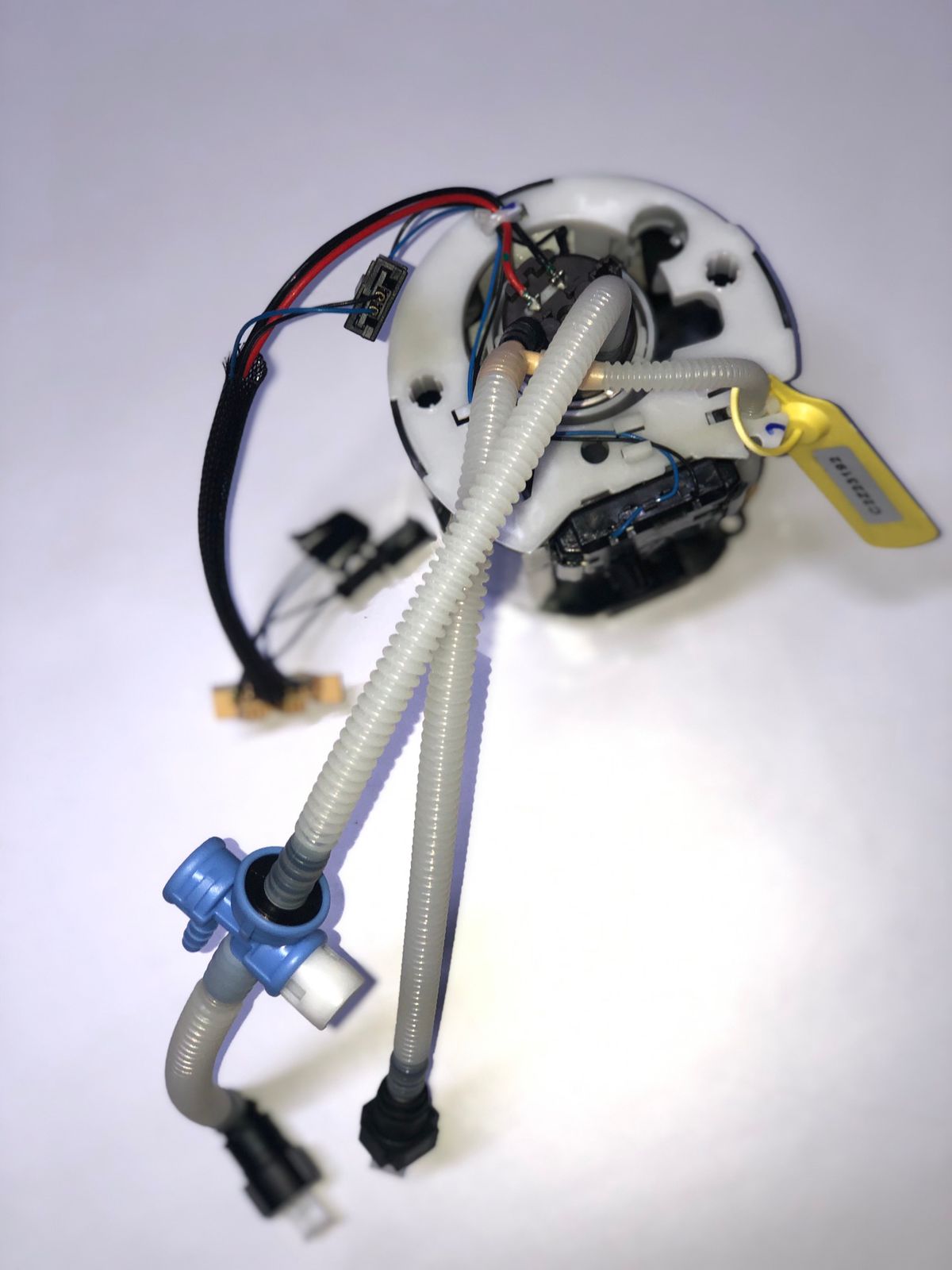Fuel Pump Mercedes Benz. Audi.BMW.Landrover Car
Fuel Pump Mercedes Benz. Audi.BMW.Landrover Car
A diesel fuel pump is a critical component in diesel engines. It is responsible for delivering fuel from the fuel tank to the engine at the correct pressure and in precise amounts to ensure efficient combustion. Diesel engines rely on higher pressures compared to gasoline engines, making the fuel pump’s role even more vital.
- Electronic (High-Pressure) Fuel Pumps.Unique Auto Parts.
- Found in modern diesel engines, including common rail diesel injection systems (CRDi).
- Controlled electronically to deliver fuel at very high pressures, improving efficiency and emissions.
- In-Tank Fuel Pumps.Fuel Pump Supplier in Bangalore.
- Submerged in the fuel tank.
- Supply low-pressure fuel to the high-pressure pump in modern systems.
- Lift Pumps.Unique Auto Parts.Fuel Pump Supplier in Bangalore.
- Move fuel from the tank to the primary pump.
- Work as a feeder pump to ensure steady supply and pressure.
Fuel Pump Mercedes Benz. Audi.BMW.Landrover Car
A diesel engine pump, commonly referred to as a fuel injection pump, is a critical component of a diesel engine’s fuel system. It is responsible for delivering fuel to the engine’s cylinders at the correct pressure and timing to ensure efficient combustion.
Here are the main types and functions of diesel engine pumps:
Types of Diesel Engine Pumps:
- In-line Injection Pump:
- Features individual pumps for each cylinder aligned in a single housing.
- Common in older diesel engines and heavy-duty applications.
- Rotary (Distributor) Injection Pump:
- Uses a single pump to distribute fuel to all cylinders.
- Compact and widely used in light to medium-duty engines.
- Common Rail Injection System:
- Utilizes a high-pressure fuel rail to supply fuel to injectors.
- Allows precise control of fuel injection timing and pressure, leading to improved efficiency and emissions.
Functions of a Diesel Engine Pump:
- Fuel Delivery:
- Pumps fuel from the fuel tank to the engine’s injectors.
- Fuel Pressurization:
- Increases the fuel pressure to the required level for injection.
- Timing Control:
- Ensures fuel is injected at the correct point in the engine cycle for optimal combustion.
Signs of a Failing Diesel Engine Pump:
- Engine Misfires:
- Inconsistent fuel delivery can cause the engine to misfire or run roughly.
- Loss of Power:
- Insufficient fuel pressure can lead to a noticeable drop in engine performance.
- Starting Issues:
- Difficulty starting the engine or a no-start condition can be due to a failing pump.
- Excessive Smoke:
- Poor fuel combustion may result in excessive black or white smoke from the exhaust.
- Fuel Leaks:
- Visible fuel leaks around the pump or engine bay.
Maintenance and Replacement:
- Regularly check and replace fuel filters to ensure the pump receives clean fuel.
- Use high-quality diesel to avoid contaminants that could damage the pump.
- If the pump fails, replacement is often necessary and should be performed by a qualified mechanic to ensure proper installation and calibration.


